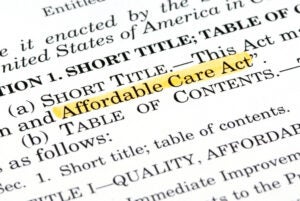Tackling Another Public Health Emergency: Recent State and Federal Policies to Increase Opioid Use Disorder Treatment Access

While the federal COVID-19 Public Health Emergency (PHE) ended in May, the PHE declaration for the opioid crisis continues. Opioid overdose deaths remain alarmingly high, and the Biden administration recently bolstered the federal government’s response to the opioid crisis with new proposed rules to strengthen access to treatment. CHIR’s Rachel Swindle and Kristen Ukeomah explore this proposal as well as other recent state and federal policy changes that aim to reduce barriers to evidence-based treatment for opioid use disorder.





